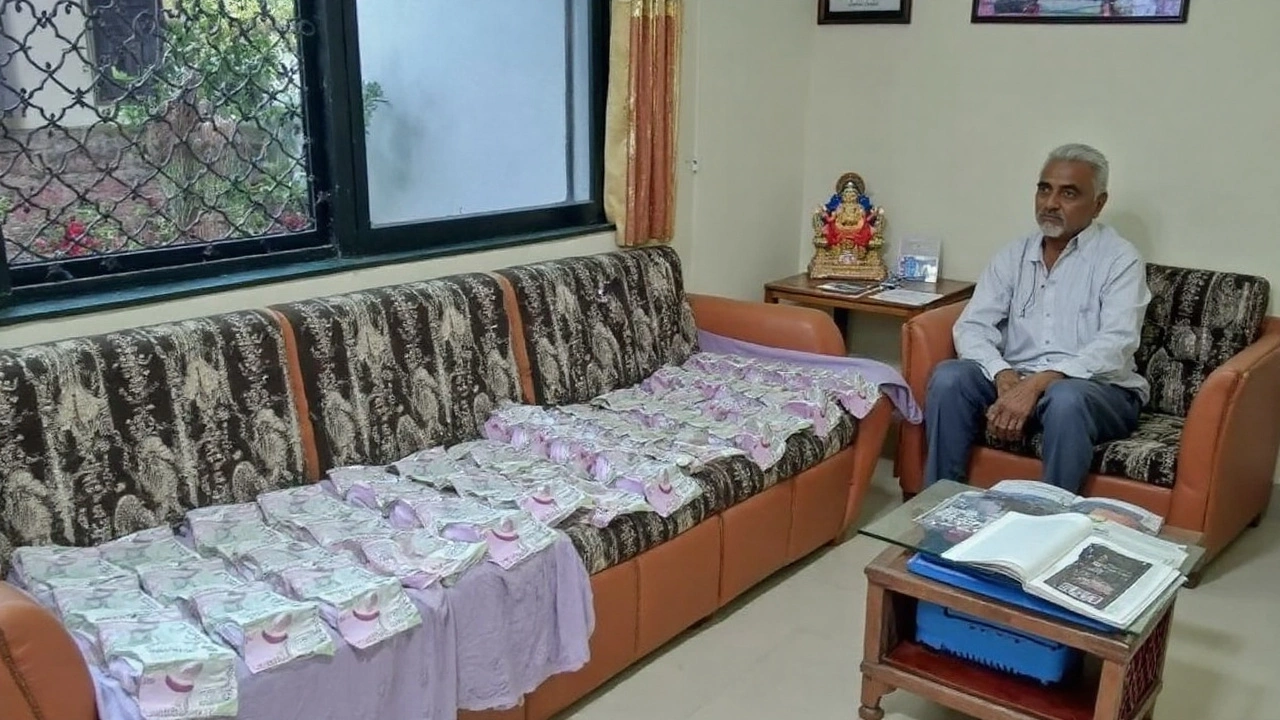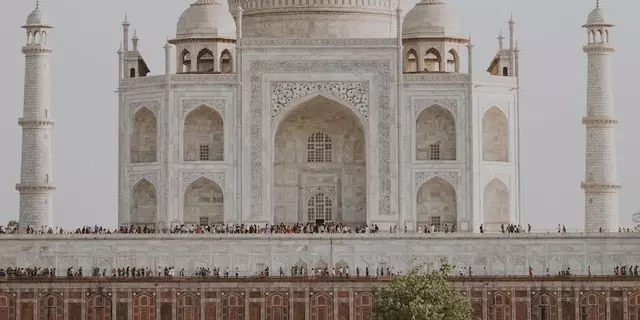
A Lifetime of Numbers
Since the early 1970s, a man named Vishnudas has been quietly hoarding every lottery ticket that lands in his hands. What began as a simple curiosity—scratching a few tickets on a rainy afternoon—evolved into an obsessive ritual. Over 55 years, he’s amassed an estimated 1.2 million slips, each faded, torn, and stamped with the hopes of ordinary people across several Indian states.
Friends and neighbors recall the first box he filled: a battered tin in his modest home in Tamil Nadu. “He would bring tickets from the market, from his coworkers, even from strangers,” says Ramesh, a longtime companion. The collection grew in size and significance, turning a corner of his living room into a labyrinth of crumpled paper, all meticulously catalogued by date and lottery type.

Chasing the Guinness Title
Last month, Vishnudas approached the Guinness World Records organization with a formal application. The process demands detailed documentation, verification by independent witnesses, and a clear tally of items counted. To meet these criteria, he hired a local archivist to digitise the inventory, creating a searchable database that logs every ticket’s serial number and purchase location.
He hopes this effort will finally secure his place in the famous record book. "I want people to see that a simple hobby, when pursued with dedication, can be remarkable," he says. Experts note that while the world has seen collectors of stamps, coins, and even antique toys, a lottery‑ticket hoard of this magnitude is virtually unheard of.
- 1970: First lottery ticket collected.
- 1990: Reached 200,000 tickets; began systematic cataloguing.
- 2010: Crossed the half‑million mark, sparking local media interest.
- 2024: Submits application for the Guinness World Record as the largest personal lottery‑ticket collection.
Should his claim be accepted, it will highlight a niche aspect of Indian popular culture—where lottery games thrive in both rural stalls and urban kiosks. Moreover, it raises questions about the environmental impact of such paper hoarding, an angle researchers are beginning to explore. For now, Vishnudas remains focused on the goal, continuing to add fresh tickets to his ever‑growing archive.


